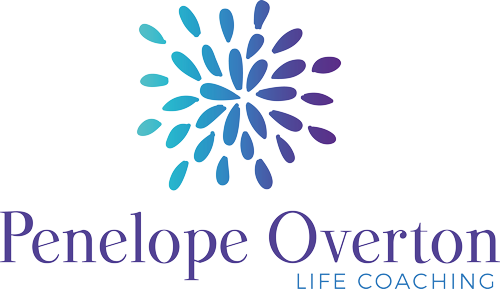U is for unpick. Yes, on one level following on from the Sewing Bee theme, it’s about the ready-and-willingness to unpick a seam, a hem, a wonky line of top stitching, important if you want to make anything of quality. Unpicking in life, though, is what I’m thinking about. The willingness to go back to a situation, consider the motivations, the intentions; what did you feel, what needs did you have, met and unmet; what went on for the other person? The willingness, sometimes, to return to the person affected and say, when you did that, I felt hurt and upset; or when I did that, I felt regretful, I wish I’d handled that better.
Unpicking a seam can make all the difference to the fit of a pair of trousers. Unpicking a mishandled conversation, or a misheard intention can make all the difference to the rest of your life.
V is for verge. When I check this word in the OED, I discover a whole load more definitions than I realised, nouns and verbs including the rather wonderful: Of the sun: descend towards the horizon, sink.
I was thinking principally about being on the verge of something, could be something new and exciting or something horrible. It’s a useful and significant place to be, before commitment but fully immersed in the proposition. It’s a time to be conscious, relishing the prospect or hanging onto just enough wherewithal to get some help before toppling in.
I am on the verge of getting back to my novel (though I’ve been on the verge of this so long it’s beginning to look like a plateau all of its very own).
What, I wonder, are you on the verge of?
W is for willing and another reference to Nonviolent Communication. This time it’s Marshall Rosenberg’s ideas on how to ask and the importance of distinguishing a request from a demand or threat.
Willingness is a useful word, and ‘would you be willing…?’ a good way to frame a request. But it’s not the words themselves that are important so much as the intention that goes behind them.
Questions which put pressure on someone, that peddle shame, that beg, needle or threaten in an attempt to get someone to do what you want, will not inspire willingness – or even allow it. Instead, we have to let go of the need for a specific outcome.
One of the many little wonders of the way human beings interact is contained in this truth: you might really wish that your partner would take over the supermarket shop, but you will only find peace if you drop your insistence that the answer is yes.
X is for xenophobia: fear of the foreign. It’s delivered the National Front, UCIP, Farage and Brexit; it’s behind Priti Patel’s hateful ideas for refugees and asylum seekers; it’s the basis of the ignorant and idiotic All Lives Matter slogan and it’s a toxic and embarrassing slice of English football.
But Xenos, the Greek word from which Xenophobia derives, means both stranger and friend while the practice of Xenia obliged a host to offer their best seat, best food and best bed to a traveller.
I do think that’s what we as human beings naturally want to do, as we want it done for us. Even better than that, talking to someone we don’t know, on a bus, in a queue, in a shop has been proven to increase happiness and mental well being. https://lnkd.in/dNgJmUP
Priti Patel should try it some time.
Y if for Why? I know but I’m doing it anyway.
I learned this early in my mediation career: ‘why’ is rarely a good way to start a question if your intention is curiosity and exploration. I know it sounds all wrong, but bear with me, it makes sense.
‘Why’ presupposes a set of facts, which must be justified or explained. It comes very often with a whiff of disapproval. ‘Why’ tends to narrow the focus and very often draws out a defensive reply or a dead ending ‘I don’t know’.
How…? In what way…? Can you describe…? What happens to you when…? What was going on for you…? What is behind that…?, are questions which open out, encourage thinking and explore deeper territory.
Like most rules, this isn’t one that should never be broken, the odd why here and there, used carefully is of course helpful. But coaching isn’t about fact finding and interrogation, which is where that why word most comfortably belongs.
Why don’t you … sorry … how about thinking of another way of asking our next why question and see what difference it makes?
Z is for zebra. Years ago I went to Zimbabwe (oh, another Z) including a safari in Hwange National Park. It was a while before I spotted giraffes and zebras and elephants, not because they weren’t around – it was just before the rainy season so the big animals had come to the scarce water – no, they were hard to spot because their camouflage was extraordinary. It wasn’t just the colouring, though the colouring was spot on for the terrain, but more the way the shadows played through the foliage, mirroring the animals’ markings. They were almost invisible.
This last weekend I had two quite big social events to go to – I know, you wait 18 months for a party and they both happen at the same time. At the first I knew a lot of people quite well; the second, only the host. At the first I felt at home, comfortable and easy; the second was fun but I was self-conscious and needed more energy to keep going.
We’re the same animal, the same clothes, the same markings, the same colour, whether we’re in a zoo or our natural habitat. Sometimes we fit in comfortably, almost invisibly. Sometimes we don’t. It’s just the way it is.




